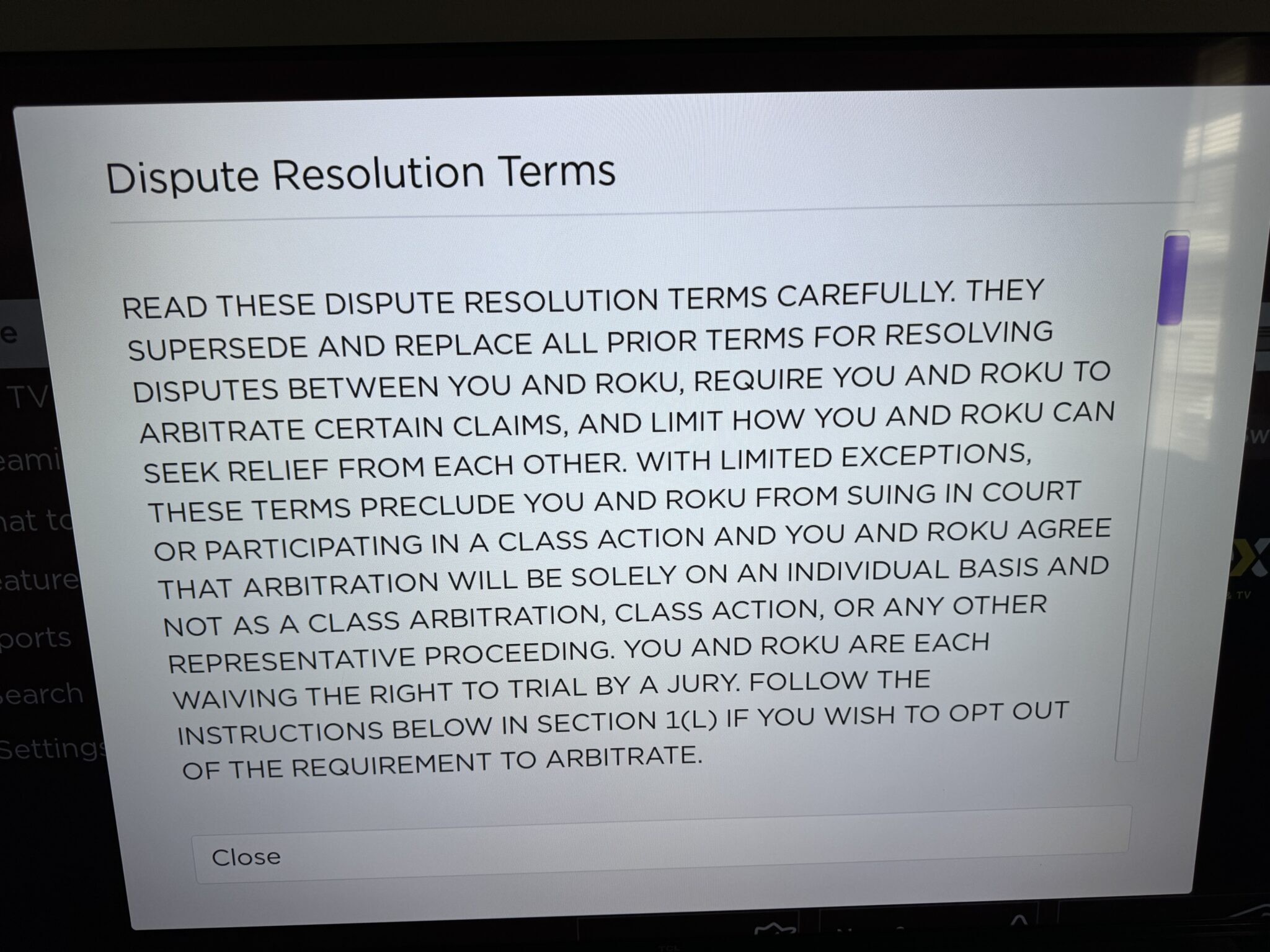this post was submitted on 03 Mar 2024
1507 points (98.6% liked)
Technology
59374 readers
6873 users here now
This is a most excellent place for technology news and articles.
Our Rules
- Follow the lemmy.world rules.
- Only tech related content.
- Be excellent to each another!
- Mod approved content bots can post up to 10 articles per day.
- Threads asking for personal tech support may be deleted.
- Politics threads may be removed.
- No memes allowed as posts, OK to post as comments.
- Only approved bots from the list below, to ask if your bot can be added please contact us.
- Check for duplicates before posting, duplicates may be removed
Approved Bots
founded 1 year ago
MODERATORS
you are viewing a single comment's thread
view the rest of the comments
view the rest of the comments

Yeah right lmao
So, all these companies are wasting money getting their lawyers to write up (and maintain) these documents that we all have to agree to, but they're totally unenforceable because... they're too wordy?
If you believe that, I have a bridge to sell.
Yup.
Because here's the thing, lawyers are super expensive and these corporations have in house lawyers for handling anyone that wants to sue. They'll happily argue the validity of the EULA because they know just getting through the pretrial phase will cost you tens if not hundreds of thousands of dollars.
Corporations have weaponized this fact at every chance they get.
It's the exact same reason why companies in California and other states make employees sign noncompetes, even though they are explicitly unenforceable. It's so the company can financially punish you even if you are in the right.
If a company takes you to court, you can't just decide to ignore them. Either you/your representative turns up on the designated court dates and presents a case, or you'll most likely lose by default.
If it was possible to make a court case go away just by ignoring it then everyone would just do that.
An EULA is nominally a binding contract, in the sense that it is presented as such. No court has ever ruled and given precedent to the effect that EULAs are universally non-binding (because companies have always settled out of court for cases where it looks like they're going to lose).
It is well understood that the arguments against EULAs being binding are solid ones, and that the reason why so many cases settle is because companies are not confident of winning cases on the strength of EULA terms, but you still need to go through the rigmarole of attending court and presenting your defence case. That's how court cases work.
Edit: And perhaps more to the point of the OP, if you want to sue a company over some defect or service failure, it'll be them who introduce the EULA as a defence, and it'll be for you/your lawyers to argue against it. Which adds complexity and time to what might otherwise have been a straightforward claim, even if you win.